In addition to Weibo, there is also WeChat
Please pay attention

WeChat public account
AutoBeta


2024-11-17 Update From: AutoBeta autobeta NAV: AutoBeta > News >
Share
AutoBeta(AutoBeta.net)10/26 Report--
According to the latest reports from Reuters and other foreign media, Toyota is considering updating its electric vehicle strategy to better participate in the competition in this field. If Toyota adopts the proposal internally, it would be a major shift for the world's largest automaker and rewrite the company's $38 billion electric vehicle plan announced last year.
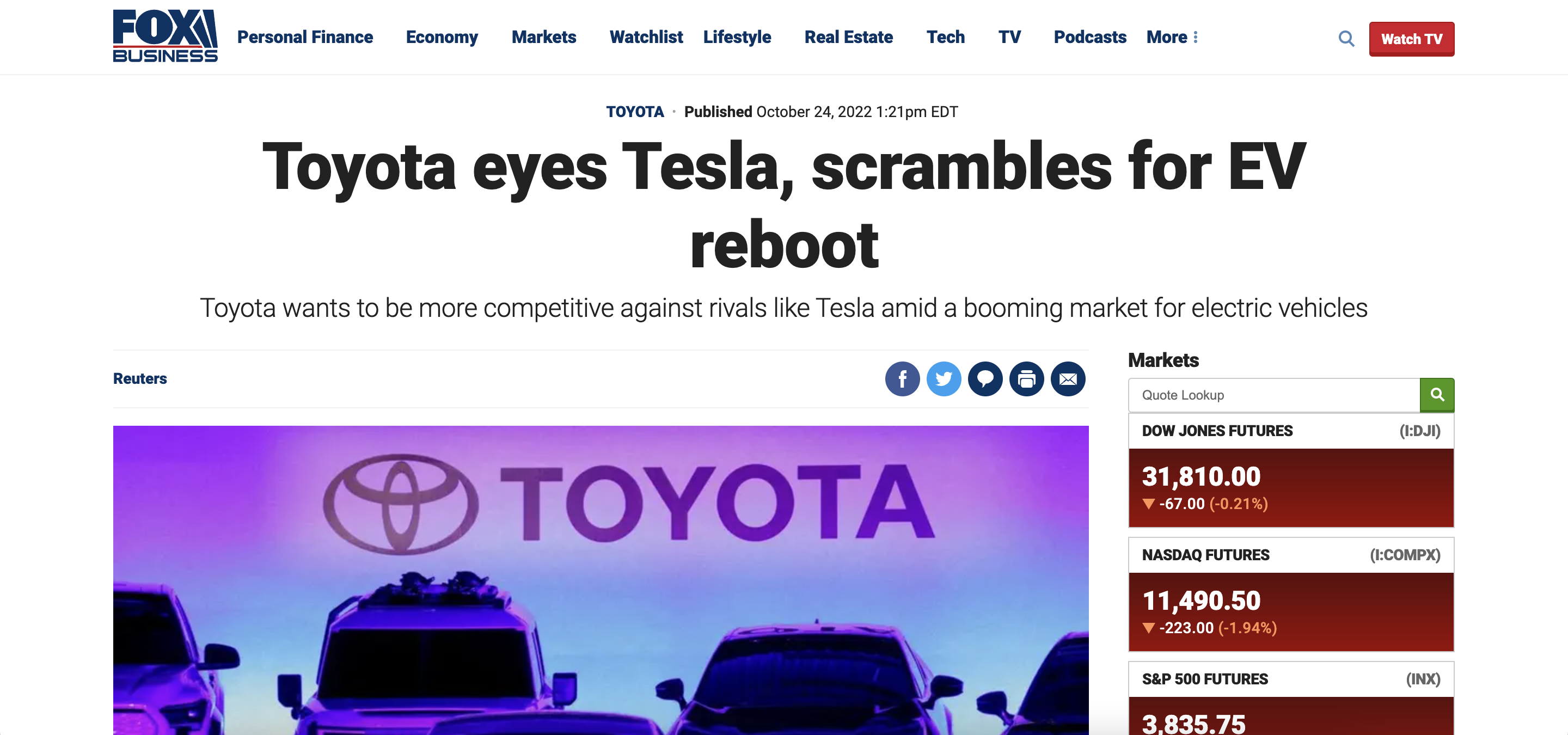
Sources said some Toyota engineers and executives found that the market demand for electric vehicles exceeded expectations, but the company lagged far behind Tesla at the factory site, forcing them to evaluate the electric vehicle strategy. Shigeki Terashi, the company's former chief competition officer, is leading an internal working group to prepare for the event, with the goal of handing over plans to improve the existing electric vehicle architecture or build a new one by early next year, two Toyota insiders said.
It is understood that Toyota launched the e-TNGA architecture in 2019, enabling electric vehicles to be produced on the same assembly line as fuel vehicles and hybrid vehicles, and launched the first electric vehicle based on this architecture, Toyota bZ4X, this year. Toyota is considering extending the utility of the e-TNGA by combining it with new technologies, and possibly even phasing out the e-TNGA and redesigning the professional architecture platform for electric vehicles, sources said.
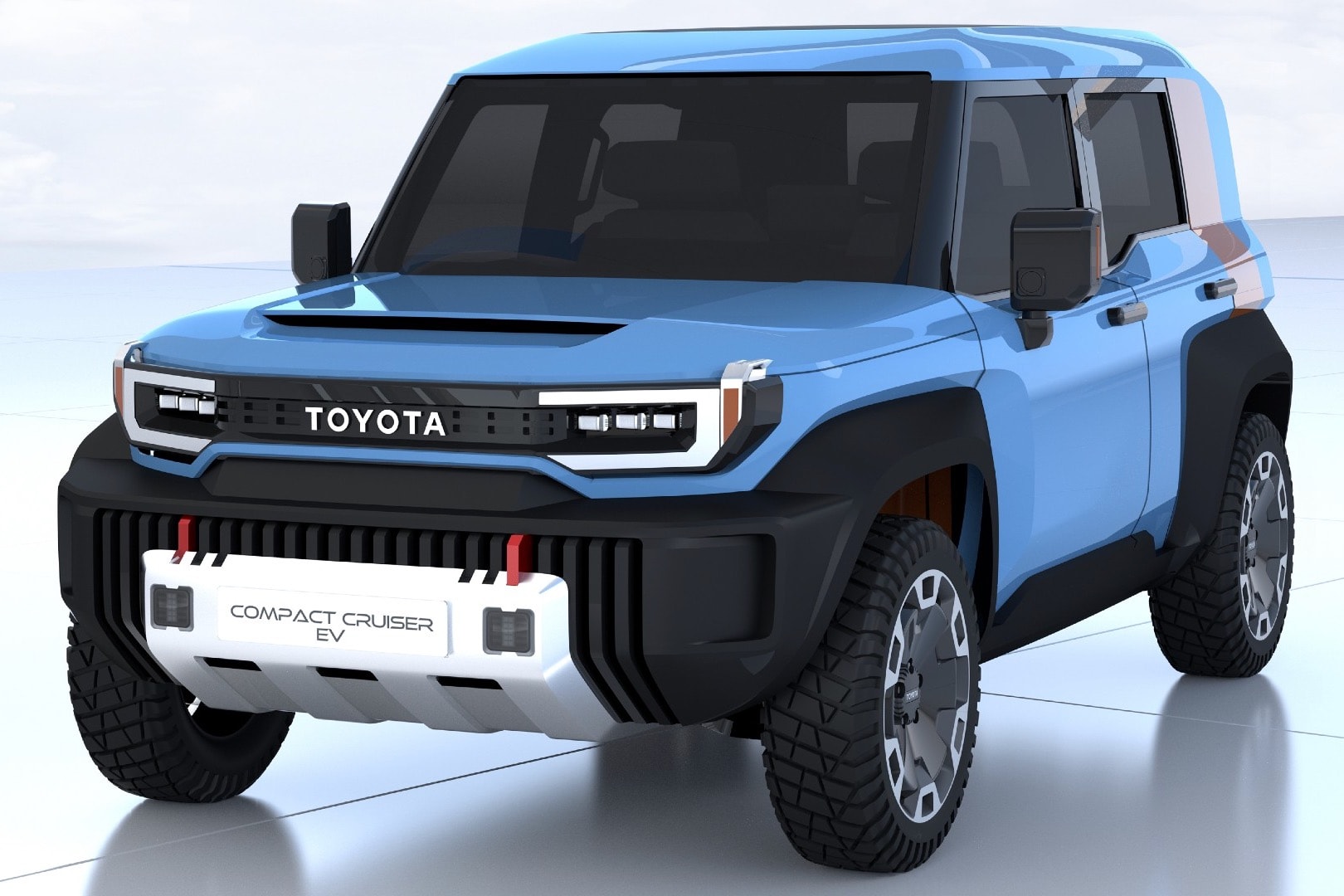
That will slow Toyota's pace of introducing new electric vehicle models. Toyota has reportedly suspended some electric vehicle production plans, including Toyota Compact Cruiser crossover and electric crown, and it is unclear whether the progress of other products will be affected, but the launch of new products may be delayed due to the need to reconsider its electrification plan.
On December 14,2021, Toyota exhibited 17 pure electric vehicles at a press conference and released a series of strategic target data. Toyota proposes that Toyota's sales of new energy vehicles will account for 75% of total sales by 2030, striving to sell 3.5 million vehicles annually; A cumulative investment of 4 trillion yen (about 224 billion yuan) in pure electric vehicles by 2030; A total of 30 new pure electric vehicles will be launched by 2030; In addition, Lexus will become a pure electric brand, achieving 100% pure electric in Europe, North America and China, a goal that will be extended globally by 2035.
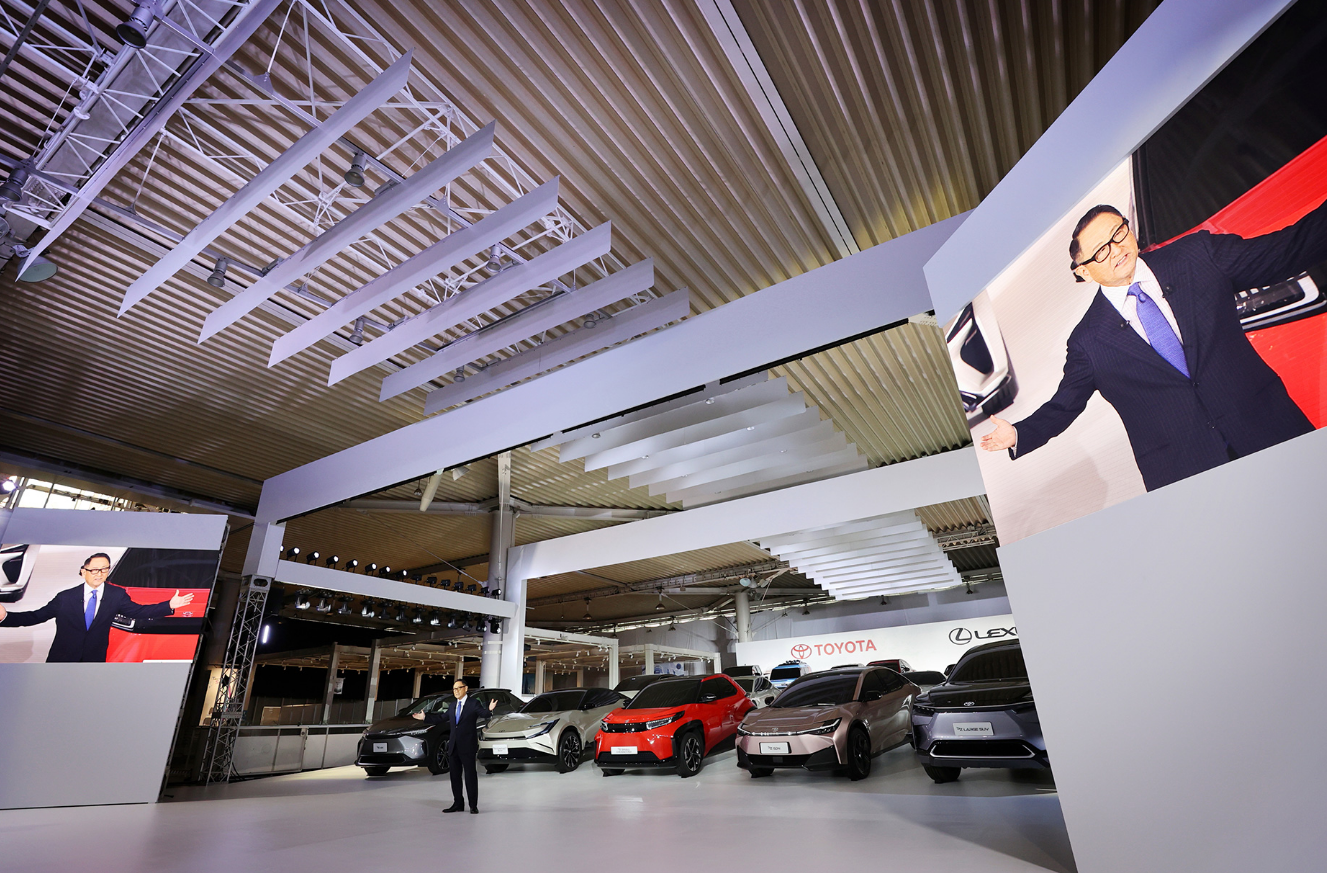
The rapid rise of new energy vehicles, the biggest impact is undoubtedly Toyota, the representative of fuel vehicles, the world's ban plans on fuel vehicles caused a direct impact on the market, which made Toyota led fuel vehicle enterprises into unprecedented anxiety. Data show that more than 20 countries around the world have announced that they will ban the sale of fuel vehicles in the next few years and develop new energy vehicles.
For the electric transformation, Toyota and other Japanese car enterprises have been conservative view, Toyota Zhangnan is many times in public shelling electric. He believes that each country should formulate practical and sustainable carbon emission solutions according to its own national conditions. If such radical policies as pure electric vehicles are adopted completely, it may lead to large-scale unemployment of employees and adverse effects on Japan's exports. Toyoda Akio also believes that the electric transformation should be a hundred flowers, achieving carbon neutralization requires a variety of technical solutions.
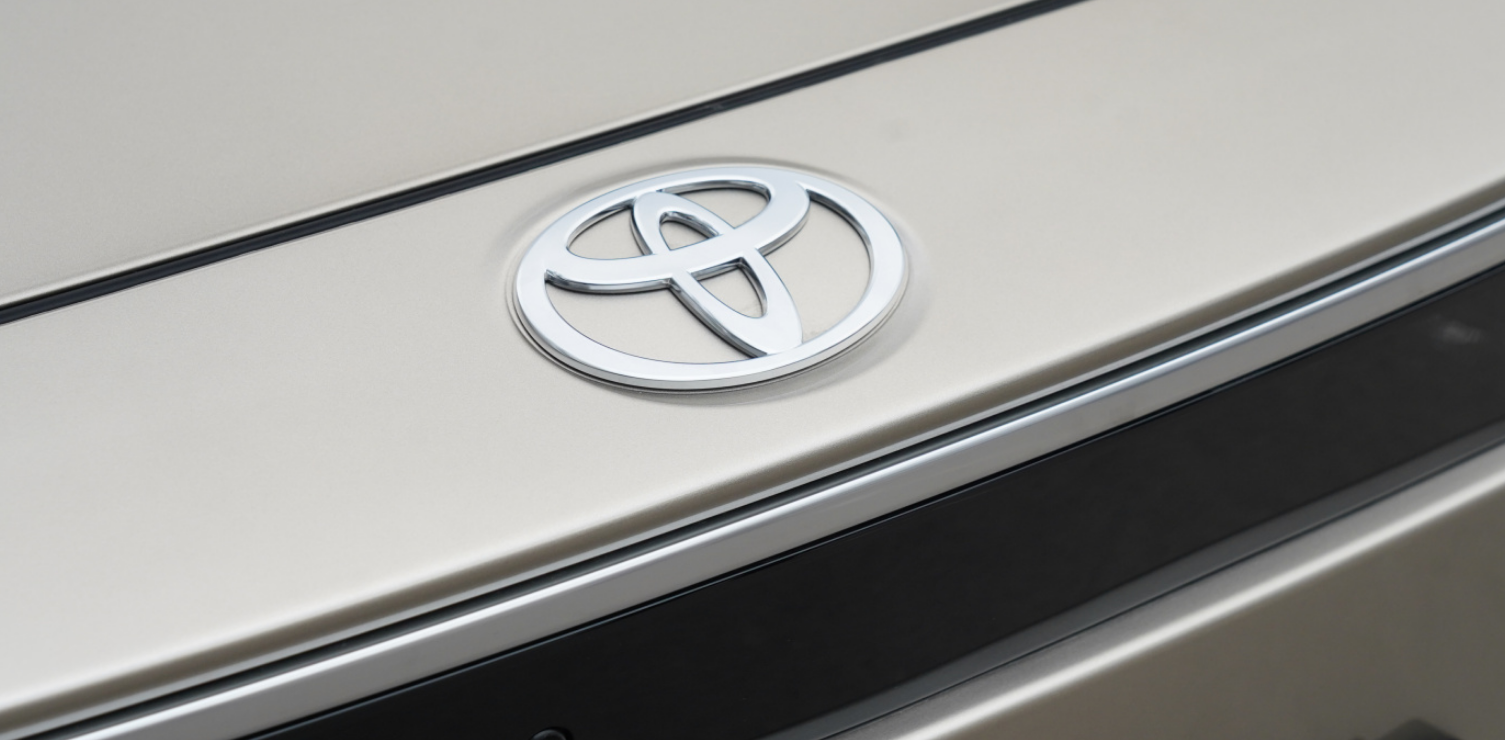
Japanese car companies view new energy vehicles negatively, which is related to Japan's industrial economic structure. The data show that the automobile industry is Japan's largest economic pillar, accounting for 40% of Japan's entire industrial output value. Automobile and related industries provide about 5.42 million jobs in Japan, accounting for 8.3% of the total employed population. Therefore, if Japan transforms electric vehicles, the upstream and downstream industrial chains of automobiles need to be greatly adjusted. In addition, electric vehicles themselves do not need so many parts, which means that traditional fuel vehicle manufacturers may face bankruptcy, which will affect Japan's employment problem.
Secondly, Japan's accumulation in the fuel car era is deep, from the engine, chassis to gearbox to electronic control components on a large number of automobile parts, if all efforts to transform pure electricity, it will inevitably give up the original track, the cost and energy invested before is equivalent to waste. Such a "dilemma" situation, perhaps Toyota and even the entire Japanese car companies, must face.
Finally, Toyota and Honda are more inclined to develop hybrid, because hybrid models at least have engines and gearboxes. If they enter the pure electric vehicle market, they can no longer compare with fuel vehicles, but electric motor control battery + intelligent and software capabilities. In this respect, the core battery supply chain involved in electric vehicles has been monopolized by China and South Korea, and Japanese automobile enterprises lose their advantages in software and hardware.
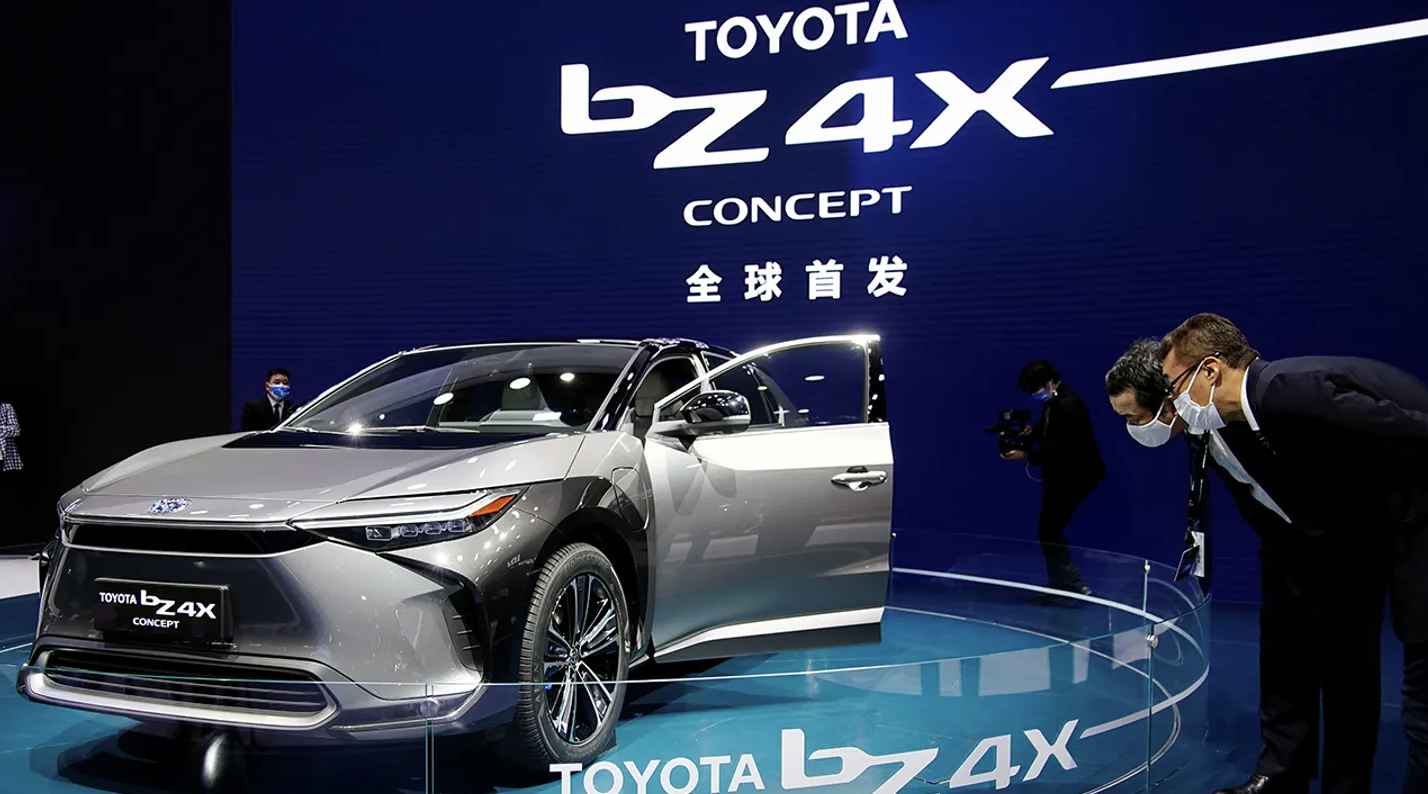
Therefore, this is also the anxiety of Japanese automobile enterprises. At present, there are not many pure electric vehicles launched by Japanese automobile enterprises in the real sense, including GAC Honda e:NP1, Dongfeng Honda e:NS1, FAW Toyota bZ4X and GAC Toyota bZ4X. However, it is difficult to recognize the large probability of these models in the market. Compared with domestic electric vehicles, the advantages are not obvious.
Of course, it is not only Japanese enterprises, but also German Mercedes-Benz, BMW and Audi. The pure electric vehicles currently on the market are mainly oil-to-electricity, such as BMW i3, Mercedes-Benz EQC, Audi Q2 e-tron, etc. For traditional fuel automobile enterprises, it is very important to put down the burden of fuel automobile era and face electric light loading on the road. However, from the current trend, traditional automobile enterprises seem to be unable to keep pace with the new energy era, and they cannot accept the general trend of automobile industry development in their hearts. Whether they can keep up with the tide of electric development in the future will test the strategic vision and wisdom of automobile enterprises.
Welcome to subscribe to the WeChat public account "Automotive Industry Focus" to get the first-hand insider information on the automotive industry and talk about things in the automotive circle. Welcome to break the news! WeChat ID autoWechat
Views: 0
*The comments in the above article only represent the author's personal views and do not represent the views and positions of this website. If you have more insights, please feel free to contribute and share.







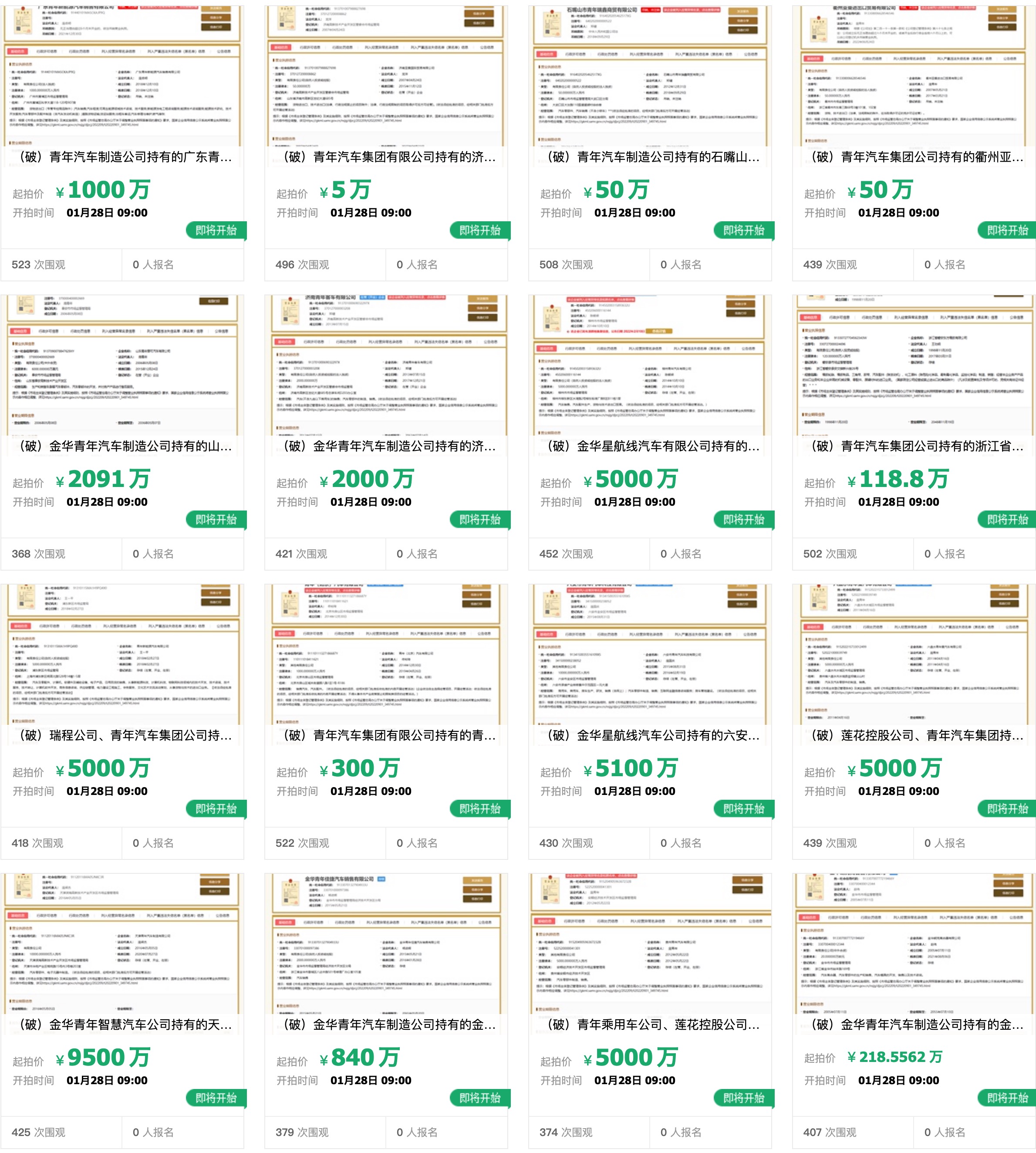
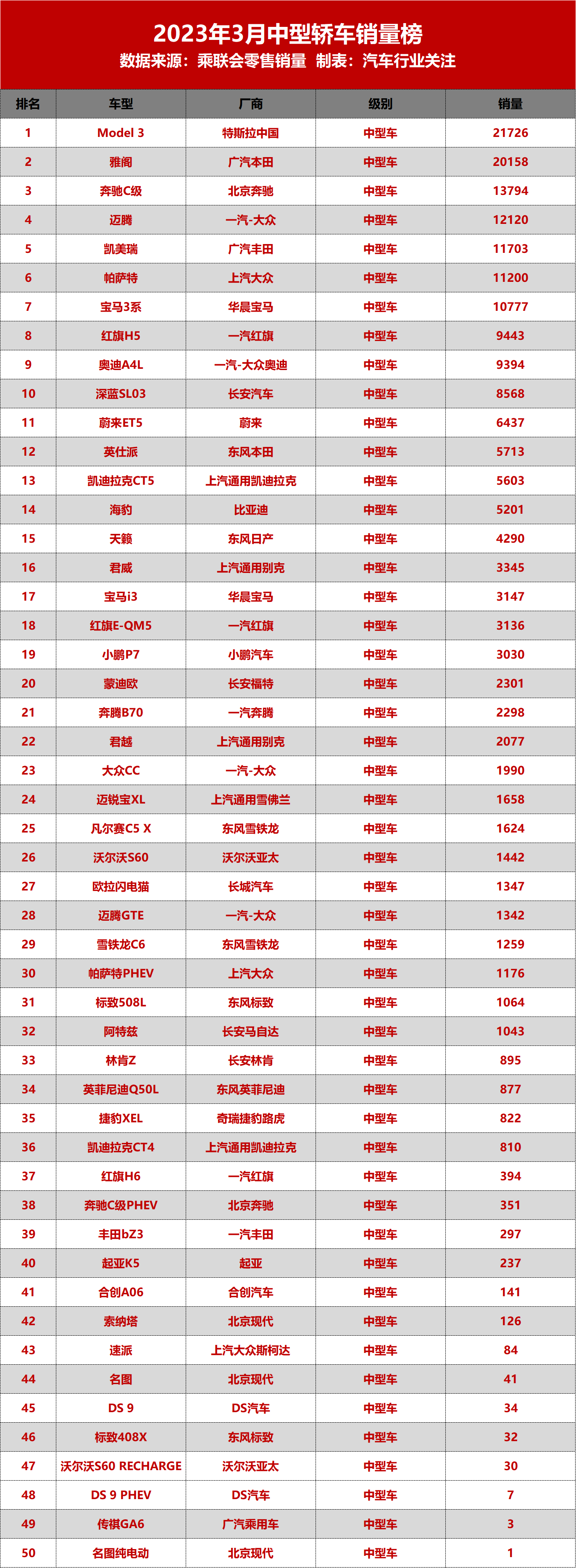


© 2024 AutoBeta.Net Tiger Media Company. All rights reserved.